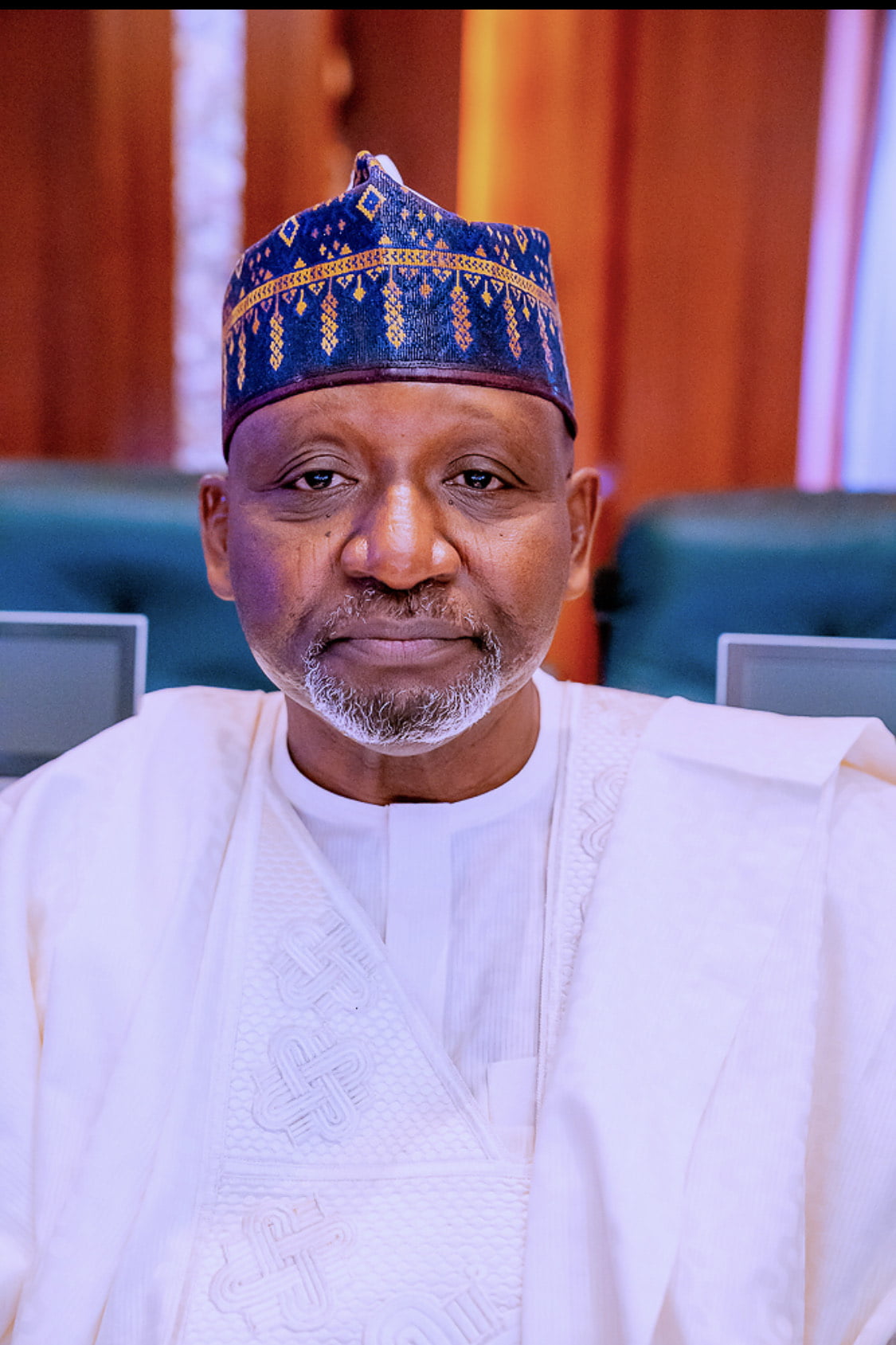Prof Wellington Oyibo is a Consultant Medical Parasitologist and Director, Centre for Malaria Diagnosis, Research, Capacity Building and Policy, University of Lagos. In this interview with DAYO OJERINDE, he speaks on the fight against malaria in the country and the consequences of the newly-approved malaria vaccine by the World Health Organisation
Why is malaria so common in Nigeria?
Malaria has a long history in Nigeria as in most parts of Africa. Recall that the British colonialists did not find it easy way back before and after the amalgamation of Nigeria. The country has the appropriate breeding requirements for the female Anopheles mosquitoes – the major vector of the disease. Various species of the Anopheles mosquitoes exist in the various ecological zones of the country. It is important to mention that these conditions are common across African countries and in other malaria endemic countries outside Africa. Specifically, temperature requirements for the development of the malaria parasites in mosquitoes determine the type of Plasmodium species that are present in countries. For example, the most dreaded form of the malaria parasite, Plasmodium falciparum requires relatively higher temperature to develop in the mosquito vector. To simply answer your question, I would say that our tropical environment is the major reason and is not common to Nigeria.
Where in Nigeria is malaria most common?
Several decades ago, the entire country had high burden of malaria but in the last ten years we have seen reductions in the prevalence of malaria following population-based surveys in children less than 59 months in 2010, 2015 and 2018 and recorded prevalence of 42 per cent, 27 per cent and 23 per cent respectively. The data also showed that malaria distribution varies from one location to another and you could have low burden in one place and the next a high burden even within a state that has generally low prevalence. Currently, the malaria burden in Kebbi State has remained the highest among the states of the country. Interestingly malaria in the Kebbi axis was as high as 93 per cent in 1946. Similar burden was recorded in Ogun State but more drastic reduction has been seen in Ogun State than in Kebbi State as of 2018. Currently, the National Malaria Elimination programme of the Federal Ministry of Health and Partners is currently conducting the 2021 Malaria indicator survey (MIS) from where new data on malaria will emerge by end of the year or early next year.
Which organ is most affected by malaria?
Malaria could affect several organs of the body such as the brain and kidney especially in severe cases in children and these organs could shut down quickly resulting in death. The presence of the parasites in the blood cells alone triggers several symptoms and signs that can also cause acute uncomplicated malaria and these could cause sickness of several dimensions. Among pregnant women, malaria may not present with any symptoms as the parasites prefer the placenta where they could affect the growing foetus and the mother with serious health issues and this could be dangerous because the pregnant woman may not be sick but have the infection. The malaria parasitAe could cause spontaneous abortion, still birth, reduction in the growth of the foetus, low birth weight while the mothers could have severe anaemia.
What happens if malaria is untreated?
Untreated malaria could result in fatality but we must have a distinction between the infection and malaria as a disease. You can have an infection without symptoms but for those with the disease, care must be provided. Malaria could be uncomplicated or severe. Children with malaria not treated early could die. In children, there is Malaria is treatable and the recommendation is to have early diagnosis and prompt treatment.
What is your assessment of the fight against malaria in Nigeria?
I can say that we are making progress. However, the country is still in control phase and concerted efforts are needed to reduce the transmission of malaria to a pre-elimination level and the cooperation of all is critical in achieving this.
What are the current malaria statistics in Nigeria?
Lagos State currently has the lowest prevalence while Kebbi State has the highest.
The North-Central zone of the country has the highest malaria prevalence in Nigeria and these also differ within the states and the Local Government Areas and communities.
How can Nigeria win the war against malaria?
Everyone should be involved through partnerships in using the interventions because malaria is indeed preventable. Also, critically important is political will by government. The commitment to use and invest on these interventions is critical while government, especially the states government should commit more resources to controlling and eliminating malaria in their states. This is important because poor commitment could frustrate may not produce the desired results.
What do you have to say on the newly approved malaria vaccine by the WHO?
This is historical for malaria as this is the first malaria vaccine to be so approved. It is in the right direction so we have additional tool that can save lives and reduce morbidity and mortality in children. It is important to note that what WHO recommended is a comprehensive package including the vaccine, effective case management, use of long-lasting insecticide nets (LLINs), indoor-residual spraying among, seasonal malaria chemoprevention in children especially in the north, use of preventive therapy among pregnant women, keeping clean the environment clean and others. A strategic in-country implementation of this comprehensive package with all participating using social innovation will be impactful.
Do you think the vaccine will help eliminate malaria?
The vaccine has to be used as a comprehensive package as described.
Are you not worried that clinical trials were not done in Nigeria before the vaccine was approved?
Of course, I was, no matter the criteria that were used in selecting the countries. Nevertheless, I was pleased to hear of the commitment of the Founder of the Prince Ned Nwoko Foundation, Prince Ned Nwoko who sought and received approval of government to coordinate the implementation of the malaria vaccine in Nigeria long before the current WHO’s recommendation. This is an exciting development that appropriate resources would be mobilised to expanding the interventions against malaria.
How long will the immunity confer on the people by the malaria vaccine last?
Remember that this vaccine is for children from five months and above and there would be four doses to continuously boost the immunity against the malaria parasite.
How effective is malaria testing in Nigeria? What are the gaps in the testing and what must be done to bridge these gaps?
Testing before treatment is the best practice for effective malaria case management. However, a lot of persons still assume that all-related malaria symptoms should be treated for malaria. Consequently, malaria is over diagnosed and over treated in the country. The ratio of diagnosis to treatment is about 1:3 or even 1:4 with only less than 40% percent of testing currently done in Nigeria. Early diagnosis and prompt treatment are the current recommendation. Treatment solely on the basis of symptoms and signs are not recommended.
Is it true that malaria cannot be treated?
Malaria is treatable and treatment should be accessed after a simple test that are now available.
Why was the clinical trial for the vaccine not done in Nigeria? What does it say about our health system?
There are important health systems and infrastructure that should be in place but were not on ground. However, nothing stops the country from negotiating these opportunities. We have our lessons learned and I am confident the country will do better.
Copyright PUNCH







2 Comments